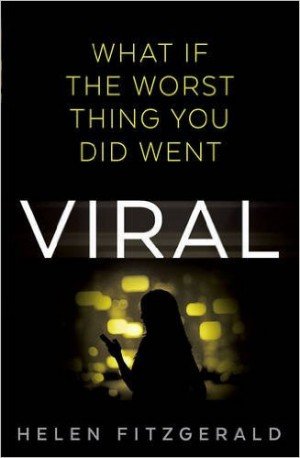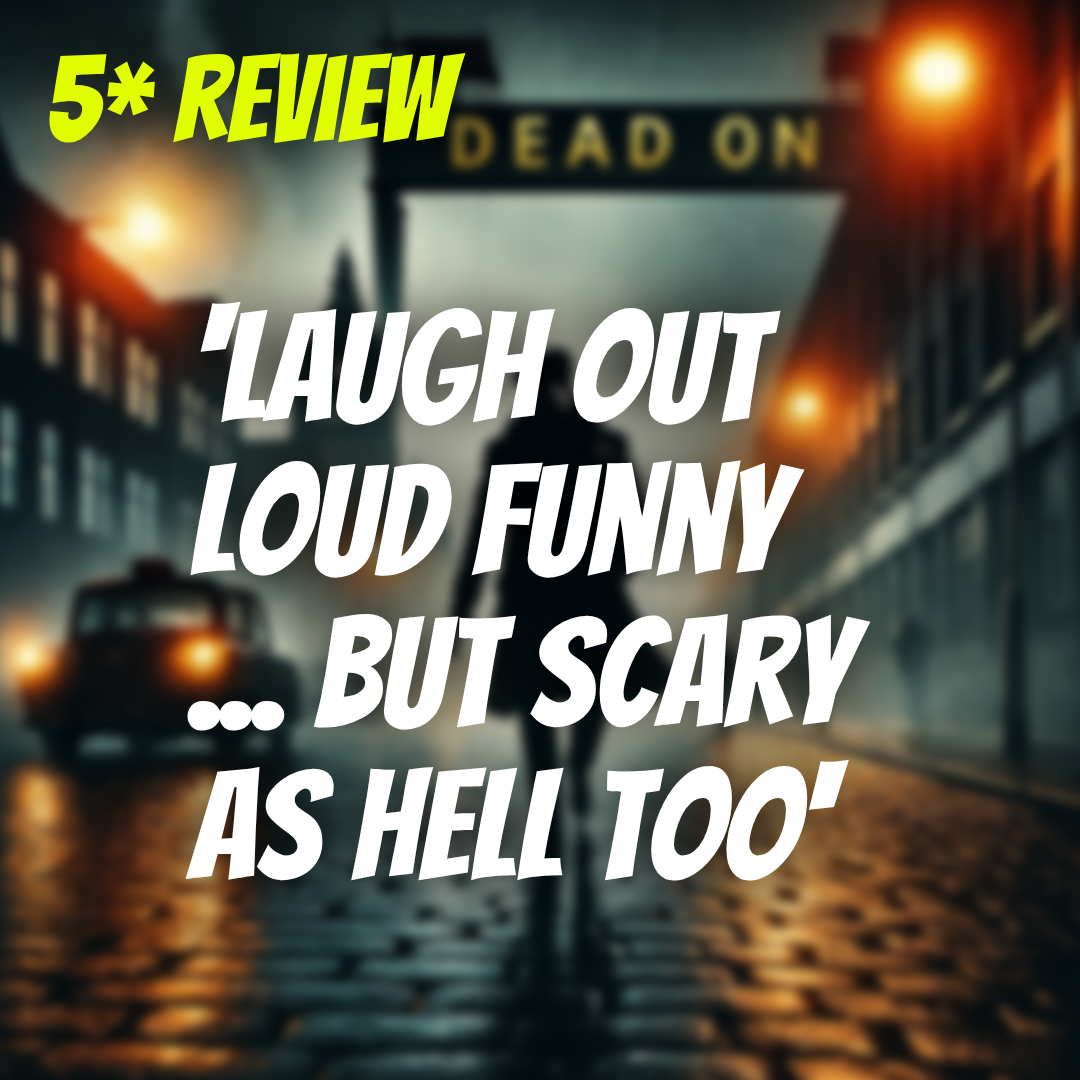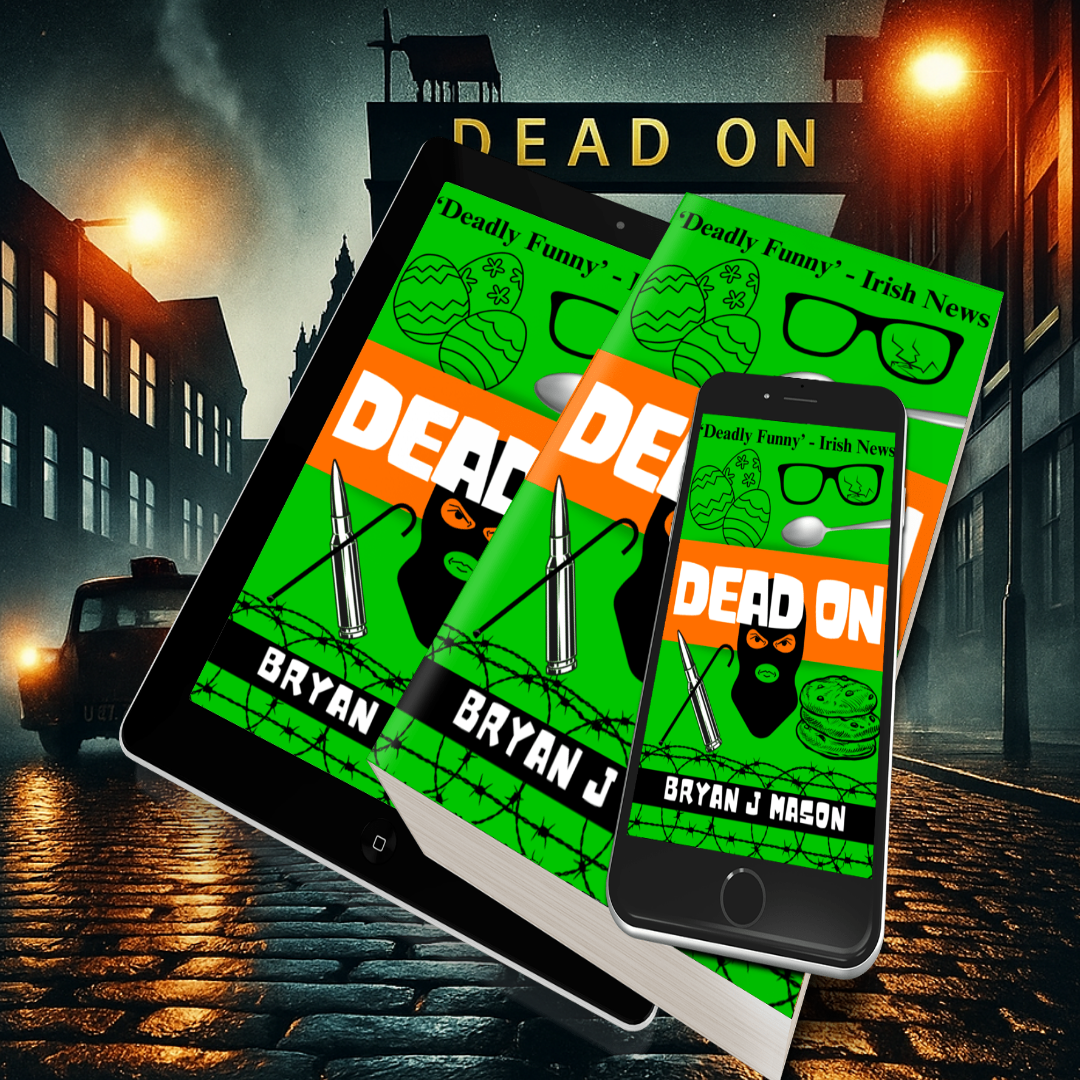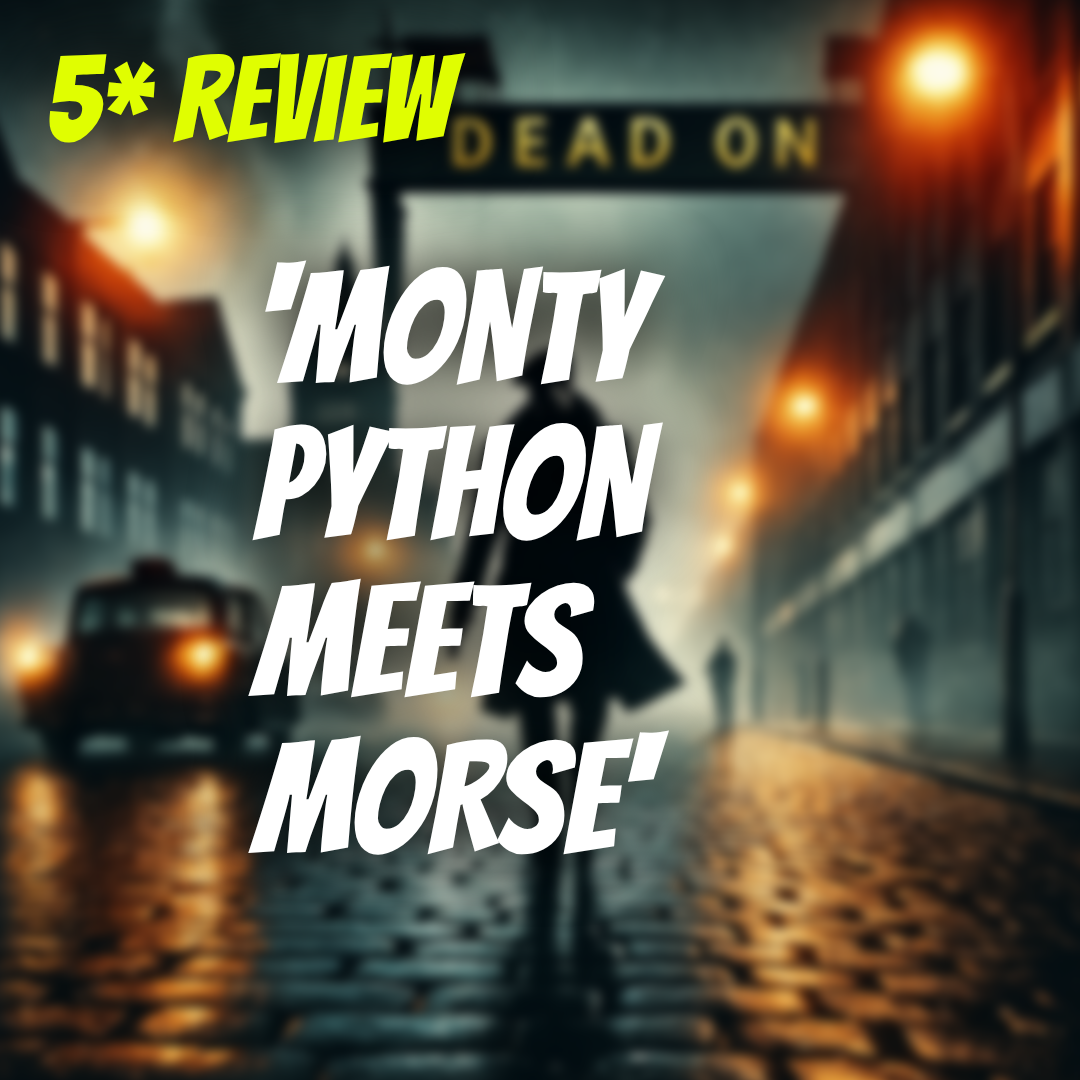
Versatile authors who write standalones often aren’t as highly revered in the crime fiction genre as series writers. This might be Helen Fitzgerald’s downfall. I admit I too like the stalwarts who consistently and reliably churn out stories about familiar and well-loved characters and settings. However, I am stunned by FitzGerald’s broad range and ability to tackle seemingly any topical issue. In this book, she addresses the vexed topic of reputation on social media and cyberbullying, and she does so with her trademark honesty and humour.
Su and Leah are sisters. Sort of. Su was abandoned by her mother on a doorstep in Seoul and adopted by a childless couple from Glasgow. Just a few months later, her adoptive parents conceived naturally, so Leah is either the younger sister or the couple’s ‘real’ daughter, depending on how you look at it. There are many piercing remarks here about adoption and how not to go about it, as well as the dangers of labelling children. The earnest-minded parents’ well-meant interventions merely increase sibling rivalry. Su is the sensible, swotty one, while Leah is a moody wild child, interested mainly in partying. Yet, when the two of them go to Magaluf together to celebrate their A-levels, it is Su who gets filmed performing lewd acts in a nightclub.
The video goes viral and Su goes missing, too embarassed to come home and face the collective taunting. Ruth, the girls’ mother, who is a sheriff (court judge) back in Scotland, decides to take matters into her own hands. First, she has to find out who posted the video online and how quiet, dutiful Su managed to get so drunk that she lost all control. She also suspects that Leah had a part to play in all of this. To punish her, she sends her back to Spain to search for her sister, while she takes charge of minimising the damage to Su’s reputation.
There is an element of suspense as both Ruth and Su try to find the cyberbully and meet many unsavoury and unrepetant characters along the way. However, there is no conventional bad guy, other than the general public itself, eager to judge and eager to devour a media scandal. You’ll find this isn’t a conventional crime thriller, although there is a ratcheting of tension towards the end of the book. It is far more about long-held family secrets and the repercussions they can have. Su finds out more about her Korean heritage, while Ruth finally acknowledges how her own depression played a part in the way she raised her daughters. What FitzGerald does so well is show us how easy it is to engage in casual online cruelty for those elusive 15 minutes of fame, and how dramatically it can change someone’s life.
Readers of a sensitive disposition may be offended by the no-holds barred opening line of the novel. The unvarnished language that the normally prudish and virginal Su uses is deliberately designed to shock. To me it seems essential that Su and the author should not mince their words, because this is a book which is highly critical of the culture of hypocrisy around freedom of expression and the belief that any joke is acceptable if it is online. The chapters alternate between the raw, almost unfiltered first-person narrator Su and the rather more sedate third-person account of Ruth’s actions, but build upon each other nicely, creating a sense of continuity.
If you are looking for a plot full of twists or an edge-of-your-seat thriller, this is not the book for you. If you are up for a provocative read, which will fuel book club debates for months to come, this is just the thing.
Faber & Faber
Print/Kindle/iBook
£3.79
CFL Rating: 4 Stars









I read this recently and I agree, Helen Fitzgerald is a brilliant novelist. I actually liked her previous one, The Exit, better than this, but maybe that’s because I found the content of this one disturbing, though everything you say here is quite right.
Thanks for stopping by to comment.
I was also really impressed with The Cry. Perhaps because she is Australian, she is so open to tackling controversial subjects, isn’t she? A breath of fresh air!